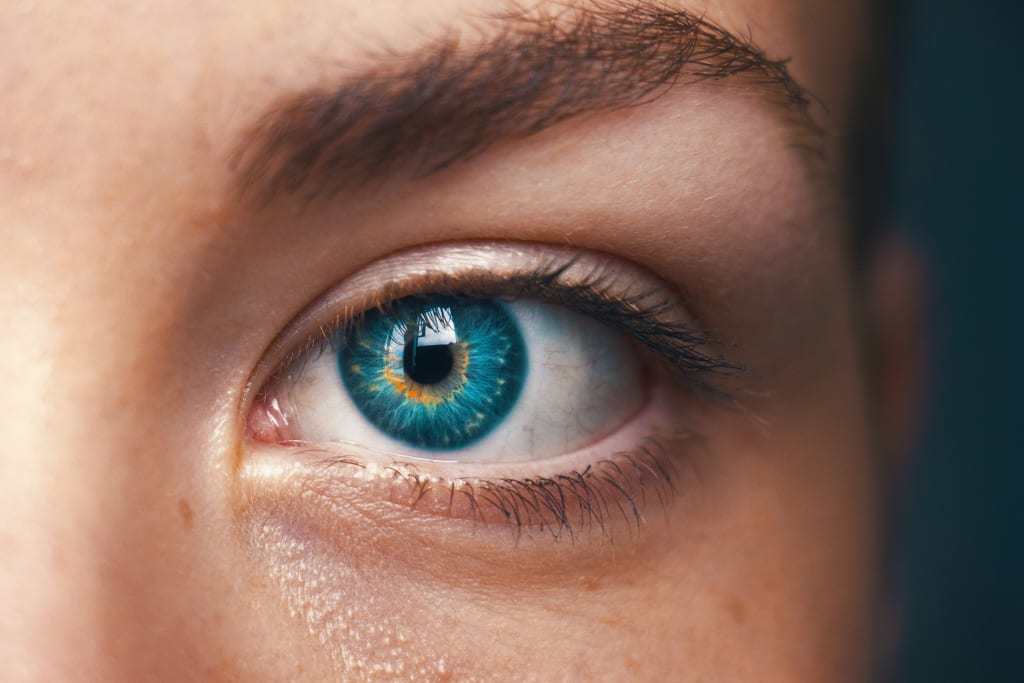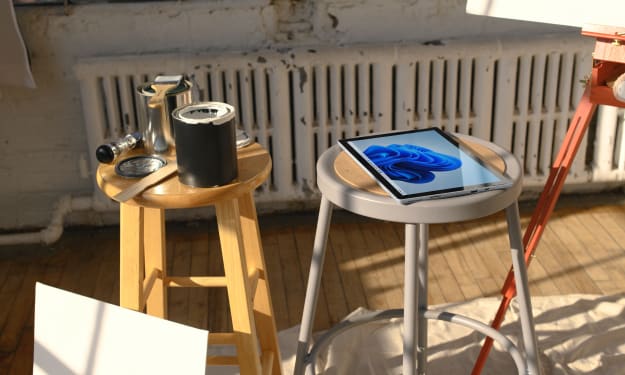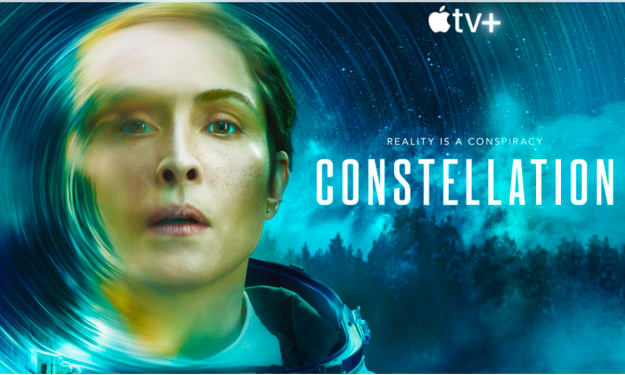
Artificial intelligence (AI) has been rapidly evolving in recent years, and its impact on various industries, including art, is becoming increasingly significant. With AI-generated art gaining popularity, a critical question arises: who owns the copyright for this artwork, the machine or the artist who used it? This question is at the center of a growing legal debate, which has yet to reach a consensus.
Art created using AI can range from simple collages generated by algorithms to complex and intricate pieces that blur the line between human and machine creativity. While AI-generated art has its advantages, including increased efficiency and accuracy, it also poses challenges when it comes to copyright ownership.
Copyright law, which protects original works of authorship, has traditionally been restricted to humans as the creators of works of art. However, AI-generated art challenges this notion, as the artwork is created by algorithms trained by vast amounts of data, which may include copyrighted material. As such, determining the ownership of AI-generated art is becoming increasingly complicated.
The legal debate surrounding AI-generated art has been intensifying in recent years, with different countries taking different approaches. In the United States, the Copyright Office recently reversed its initial decision to grant copyright protection to an AI-generated comic book called "Zarya of the Dawn," stating that the images were "not the product of human authorship." However, the office allowed the artist, Chris Castanova, to retain copyright for the arrangement and storyline.
The US Copyright Office's decision is based on a legal precedent that requires a work of art to be created by a human being to qualify for copyright protection. This precedent was established by the U.S. Supreme Court in 1884 and has been upheld in various cases. For example, in 2018, a US court ruled against a monkey who took a selfie, stating that the monkey could not hold the copyright to the photograph.
In contrast, the European Union's (EU) approach to AI-generated art is different. The EU's recent Copyright Directive allows for AI-generated works to be copyrighted and protected for 50 years. However, the directive also requires that the creator of the AI be identified, which can be challenging when the algorithms used to create the art are often trained on large datasets of unattributed material.
Another challenge with AI-generated art is determining whether it is original or a mere copy of existing works. This issue is particularly relevant when it comes to deepfakes, which are AI-generated images or videos that are indistinguishable from real ones. Deepfakes can be used to create fake news, manipulate elections, or harm individuals' reputations. As such, the legal framework around deepfakes is still evolving, and many countries are yet to adopt specific laws to deal with them.
As AI-generated art becomes more popular, artists and collectors are increasingly interested in owning it. However, the legal framework around AI-generated art is still in its early stages, and there are no clear guidelines on how to determine ownership. This ambiguity can lead to legal disputes, especially when it comes to commercial use.
All in all, the legal debate surrounding AI-generated art is complex and evolving. While some countries, like the EU, allow for AI-generated works to be copyrighted, others, like the US, require human authorship for copyright protection. As AI technology continues to advance, it is likely that copyright laws will also evolve to address the legal challenges that AI-generated art poses. Until then, artists and collectors must be cautious when creating or acquiring AI-generated works to ensure that they are not infringing on existing copyrights.
About the Creator
Teng Huey
As a tech enthusiast with a passion for learning and exploring new topics, I write about the latest trends in technology, as well as a variety of other subjects. From science to culture and everything in between.






Comments
There are no comments for this story
Be the first to respond and start the conversation.